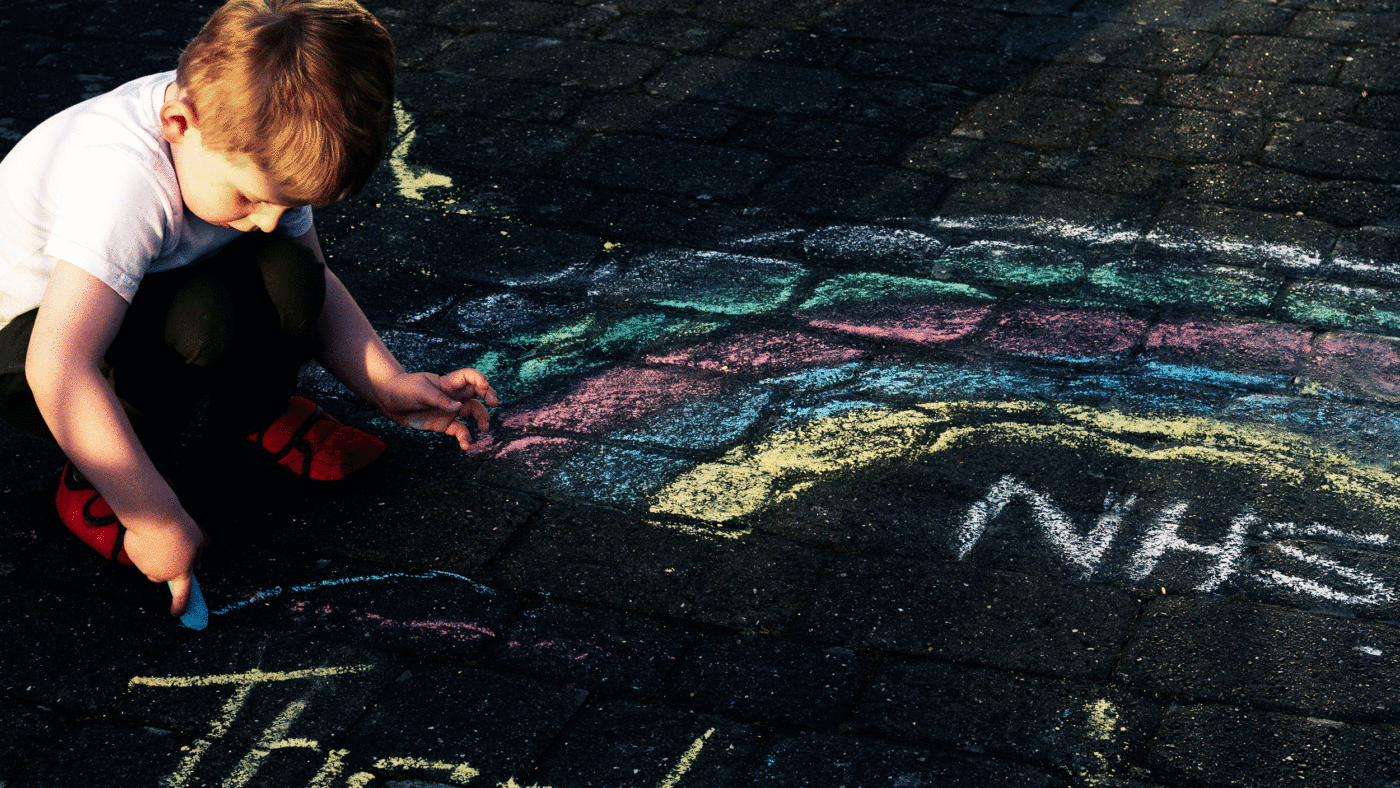Numbers are no way to express a human tragedy, but those in the Ockenden Report into maternity services at Shrewsbury and Telford Hospital NHS Trust are nonetheless devastating. The inquiry examined 1,592 incidents since 2000. It found that poor care led to the deaths of 201 babies and nine mothers; 94 babies suffered avoidable brain damage; and one in four cases of stillbirth could have had a different outcome. That’s hundreds of lives lost, and hundreds of families suffering unimaginable pain, all on the watch of ‘Our NHS’.
And while the language of the recommendations is understandably general, talk of ‘processes’ and ‘staffing arrangements’ feels inadequate when the report is strewn with examples of individual cruelty and incompetence. Bereaved parents repeatedly complained about a lack of compassion from staff. Instead of apologies, they were given excuses, false information and even blamed for their own child’s death. The Health Secretary has said that vital clinical information was written on post-it notes that were swept into the bin by cleaners. There’s even a deeply sinister account of foetal heart records apparently being altered with a different pen.
And let’s not forget the circumstances in which this inquiry, the largest of its kind, came about. It was thanks to the campaigning of two women, Rhiannon Davies and Kayleigh Griffiths – who lost their babies, Kate and Pippa, in near identical circumstances seven years apart, and who combed through obituaries and coroner’s reports to find other similar cases.
It’s frankly disgraceful that it took 20 years and two grieving mothers to expose such monstrous failings in an institution that’s supposed to be the ‘envy of the world’. But sadly, it’s also not that surprising. In its affection for the NHS, Britain has strapped on the blinkers to hide its faults, and unaccountability has thrived in that blindspot.
The Spectator’s Isabel Hardman, who is writing a book on the subject, has said that our love for the NHS comes ‘from a recognition that staff are constantly going above and beyond, holding the health service together in spite of government failings’. When it comes to the national religion, it’s heresy to suggest that medical professionals might be responsible for poor standards of care – it’s always the system that’s at fault.
But when babies are dying, I just don’t think that’s good enough. There were clearly broader factors at play in Shrewsbury and Telford, not least the workforce problems that pervade the entire NHS. It’s extraordinary that one of the world’s largest employers is both terminally short-staffed and fields fewer doctors per head than most other OECD countries. There are also over 100,000 vacancies. This is by far the most serious challenge the NHS is facing, yet it gets drowned out by simplistic calls for ever more funding and the din of claps for carers, even as they leave the profession in droves.
Then there’s the anti-scientific insistence on ‘natural birth’, where Shewsbury and Telford is far from alone. A lot could be said about the misogynistic balls that surrounds motherhood – much of it imposed on women by other women. Though it’s particularly offensive when it comes from an organisation that likes to insist it represents the best of British values. It’s also an example of a grotesque kind of groupthink that puts institutional priorities ahead of women’s choices during one of the most painful and personal experiences of their lives.
But the patriarchy isn’t responsible here, the NHS is. Looking elsewhere for blame does neither medical professionals nor patients any favours. Generalisations about the virtue of healthcare workers and the iniquity of governments are an insult to individual suffering. And remember that the patients we’re talking about here are babies.
The report exposes systematic covering up and closing ranks that’s by no means limited to this particular trust. Eight external bodies inspected these hospitals and none raised the alarm. If this were a private business there would surely be grave consequences. A criminal investigation into Shrewsbury and Telford is ongoing and anyone found guilty should face severe punishment.
But we should also use this moment to examine our own consciences. The NHS has a culture of arrogance, sanctimony and impunity to which we have all contributed. It’s a revealing coincidence that this report came out just weeks after the BBC broadcast, This is Going to Hurt. Here was a show about an obstetrician billed as ‘a love letter to the NHS’ that seemingly revelled in the inhumanity of its characters and enjoined us to laugh at the women and babies it derides as ‘brats and twats’. As Henry Hill has written on these pages, the joke’s really on us.
One ray of hope to come from this ghastly affair is that public satisfaction with the NHS has plummeted to just 36%, a record breaking fall of 17 points since 2020. Perhaps the scales are finally falling from our eyes and revealing that what really matters isn’t ‘our NHS’, but the patients it’s failing.
I’ll leave the final word to Rhiannon Davies, who told the Today Programme, ‘if only I’d known how dangerous this hospital trust was my baby would be 13 years old’.
Click here to subscribe to our daily briefing – the best pieces from CapX and across the web.
CapX depends on the generosity of its readers. If you value what we do, please consider making a donation.


